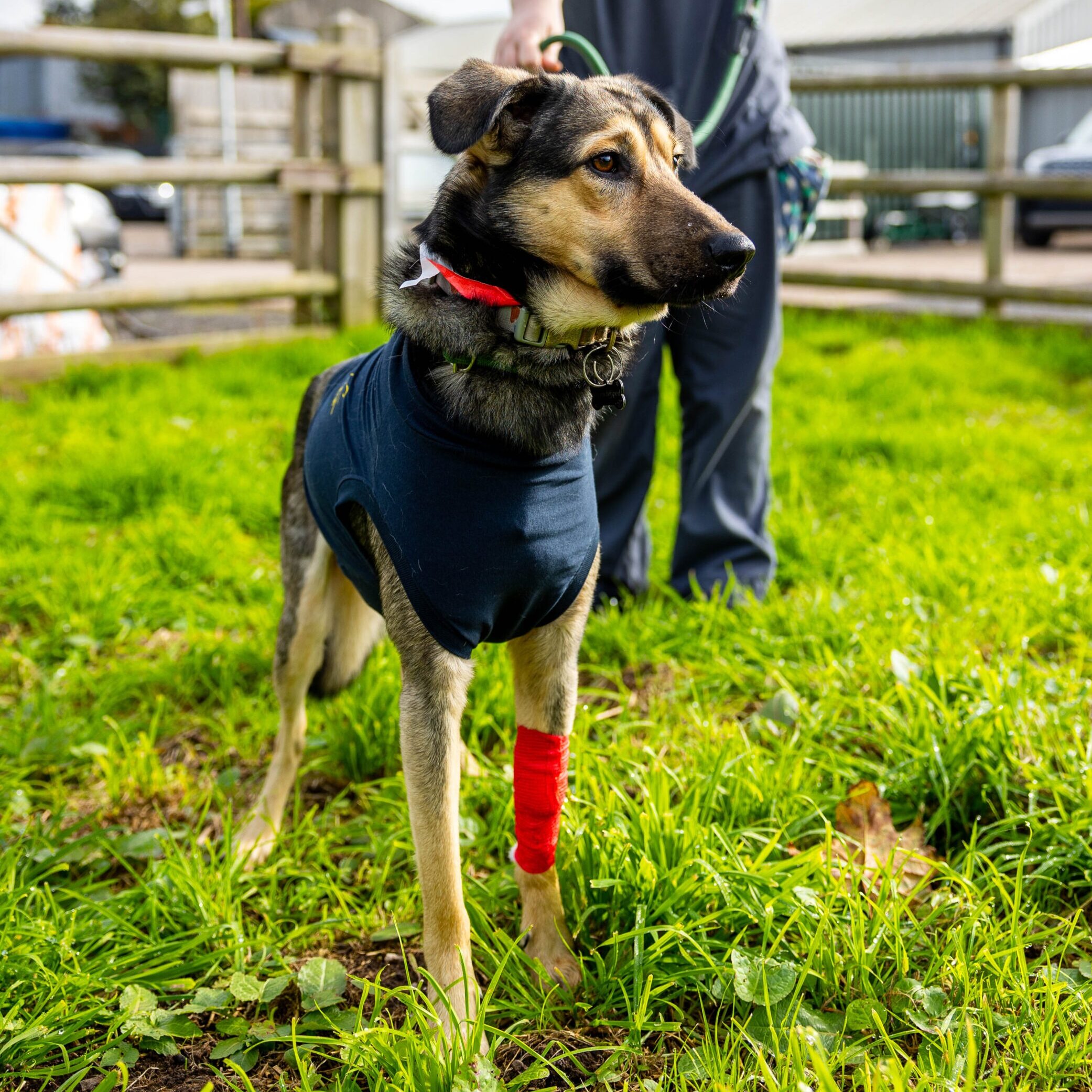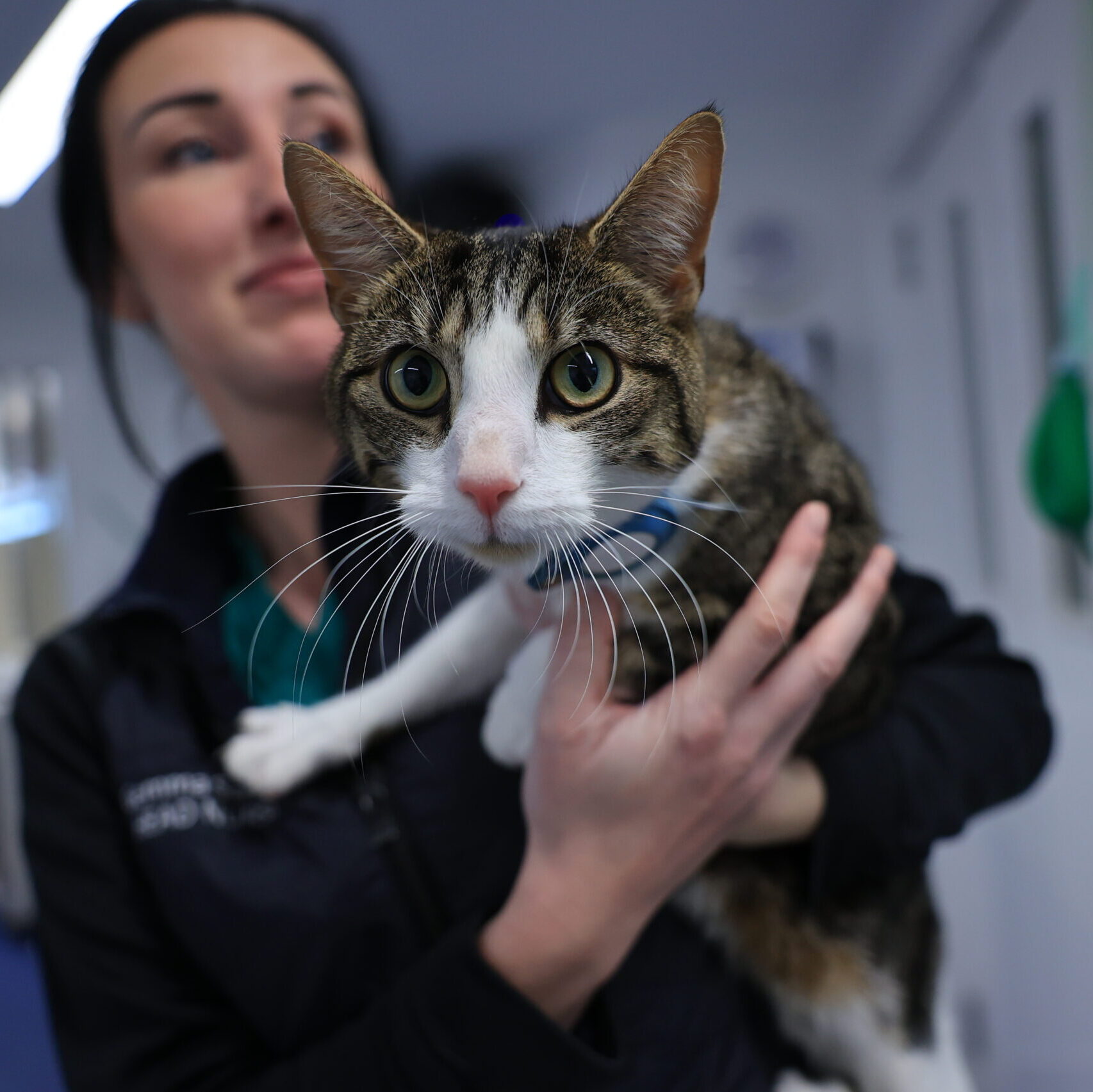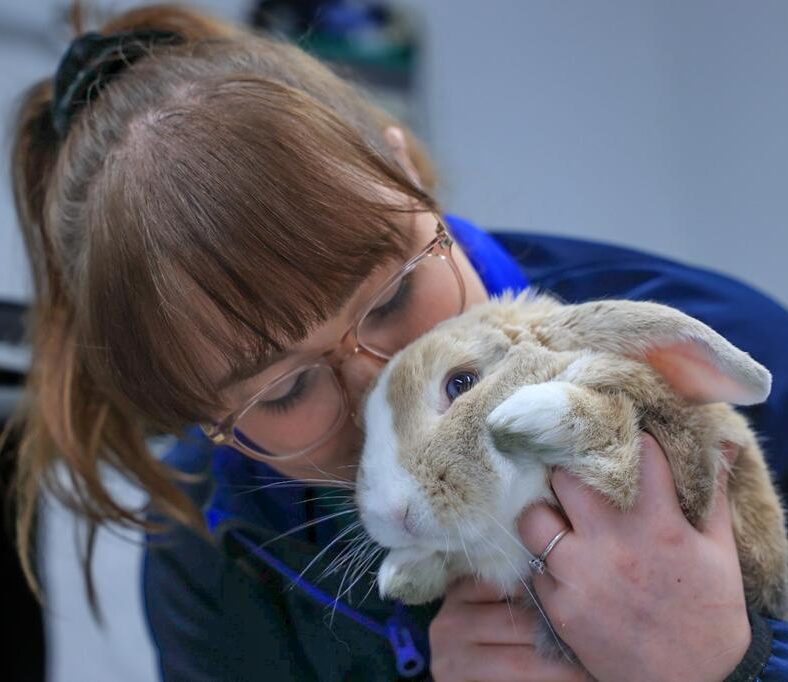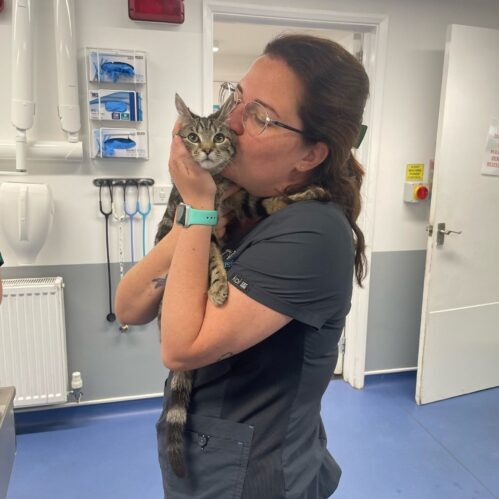What Is Neutering
Neutering is a routine procedure that involves removing your furry companion’s sex organs to prevent unwanted pregnancies, pregnancy-related illnesses, and conditions such as testicular, ovarian, and mammary cancers.
The male procedure is called castration, and the female procedure is called spaying.
What Are The Benefits Of Neutering?
DOGS
CATS
RABBITS
When Should I Neuter My Dog?
Most dogs can be neutered at around 6 months old, we recommend from 8 months old and for larger breeds 12-18 months.
It’s important to discuss the timing with your vet because it should always be based on the following:
Breed/size
Behaviour
Weight
Other health conditions
When Should I Neuter My Cat
It is recommended that cats are neutered at around four months of age, before they reach puberty and after they have completed their primary vaccination course.
Worried about bringing your cat to the practice? Don’t worry we have a range of facilities to ensure your cat’s visit is less stressful.
When Should I Neuter My Rabbit?
Rabbits are usually neutered when they are 4 to 5 months old.
Males can be neutered as early as 10-12 weeks, although we may want to wait a little longer, especially with smaller rabbits.
Care should be taken with male rabbits after castration- they can still be fertile for up to four weeks because semen can still be in the genital tract!
Be sure to separate them from the unneutered females for at least a month after surgery.
What Is The Difference In Procedures?
CASTRATION
Castration is the surgical removal of the testicles and is carried out in a minor operation under a general anaesthetic.
Usually they are admitted to the clinic in the morning and collected later the same day.
He may have several dissolvable stitches, which will be dissolved in 3-6 months.
RETAINED TESTICLE
Cryptorchidism (retained testicle) is a condition in which one or both testicles fail to drop down into the scrotum.
They can cause problems such as becoming cancerous or twisted
SPAYING
Spaying is the surgical removal of the ovaries and uterus, commonly referred to as “neutering”.
Performed as a routine operation under general anaesthesia, the patient is usually admitted in the morning and is collected later the same day.
KEYHOLE SPAY
A laparoscopic spay or neuter is an alternative to the traditional method. It is less invasive and allows faster recovery time.
LAP SPAYPost Operative Care & Recovery
There are several things you can do to speed up the recovery process.
REST
After the surgery, your dog may still be a bit wobbly from the anaesthesia if you pick them up the same day.
They may be uncoordinated for the first few hours and appear “drunk.” Keep them safe in a small room and keep a close eye on them.
No stairs and no jumping!
MONITOR
Monitor the incision site.
To prevent licking and/or chewing at her incision site, it will be necessary to place a buster collar until the wound is healed. These are available from us at no extra cost.
Medical pet shirts for cats and dogs are also available if this is preferred at an added cost.
WATCH
A little bit of blood may seep through the stitches. If it is just a few drops, keep an eye on it and make sure the bleeding stops within a minute or two.
If there is blood oozing out of the incision site that will not clot, come and see us immediately. They may have a bleeding disorder.
PREVENT
Opened stitches should be treated with urgency.
Some dogs may need to go under again to get the area stitched back up. Keep a close eye on your dog for the first few days and keep them quiet; a crate can be helpful.
FAQ’s
Not Registered? Join us, it will only take a minute
Don’t worry, we are still registering new clients and would love to have you and your beautiful pooches on board.
REGISTER




